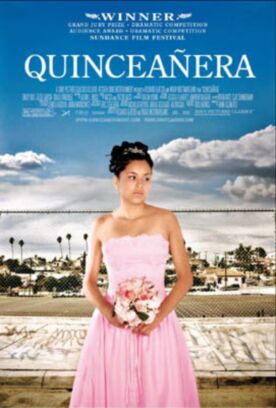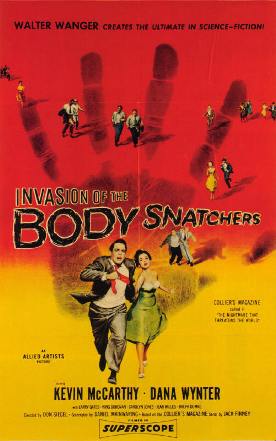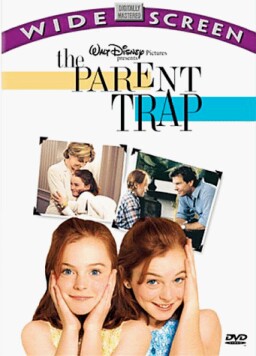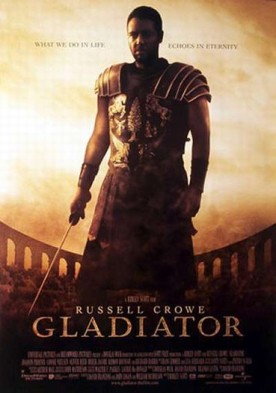Quinceañera
Quinceañera by Richard Glatzer and Wash Westmoreland is an Anglo take on Mexican-American culture in Los Angeles which approaches its subject with an easy sentimentality that spoils, I think, what might otherwise have been an interesting glimpse into contemporary Chicano life. As Glatzer and Westmoreland see it, all that is needed by their picturesque and sympathetic Mexicans is a wholesome lesson in socially and sexually progressive values from Anglos like themselves. Once they have understood how old-fashioned and out-of-date their attitude towards sex are, then all their “judgmentalism” will simply dissolve in a warm bath of family feeling and togetherness.
Magdalena (Emily Rios) is just coming up to her Quinceañera celebration — the big moment in every Mexican girl’s life when she turns 15 and her family, by tradition, throws her a big dress-up party. Her father, Ernesto (Jesus Castanos), works as a security guard and, in his spare time, is an evangelical lay preacher. The film begins with the Quinceañera celebration of Magdalena’s cousin, Eileen (Alicia Sixtos), and we see Ernesto speaking to Eileen’s father and confidently assuring him that Magdalena is “a more traditional girl” than his daughter. In an unexplained incident, Eileen’s brother, Carlos (Jesse Garcia), turns up at her party and is forcibly ejected by his father.
We soon learn the reason. Carlos has been kicked out of the house because he is gay. Now he’s working at a car wash and living with his Uncle Tomás (Chalo González), an old man from the old country who is nevertheless very up-to-date in his tolerance for the various sexual peccadillos of his family. It’s a good thing too. For when Magdalena stuns everyone by becoming pregnant, and her college-bound boyfriend, Herman (Ramiro Iniguez) — for whom his family has the sort of high hopes that make his early marriage and fatherhood unthinkable — does a midnight flit, she naturally goes to live with Uncle Tomás too. Uncle Tomás’s landlords in the mixed Los Angeles neighborhood of Echo Park are a gay Anglo couple, James (Jason L. Wood) and Gary (David W. Ross), with whom Carlos is soon involved in three-way sex. “James and Gary, they love their Latino boys,” Carlos’s Hispanic predecessor in their bed tells him.
Here I think it is not entirely irrelevant to point out that the directors are, like James and Gary, a committed gay couple living in Echo Park and employed in the film industry (Mr Westmoreland is a former director of direct-to-video gay porn films), one of whom is considerably younger and British. They claim that the fact is merely coincidental, and it is true that James and Gary are not portrayed as being a very sympathetic pair. When one catches the other in a bi-lateral relationship with Carlos, they patch things up between them by having their lawyers send a notice of eviction to Uncle Tomás — which of course will also mean homelessness for Carlos and Magdalena. Surely Messrs Glatzer and Westmoreland would never do anything so despicable themselves. And yet they undoubtedly share the belief of the film’s gay couple — and, it appears to me, pretty much the entire gay community today — that sex is (or ought to be) merely recreational and to have nothing to do with morality except insofar as it involves personal loyalties.
In fact, Quinceañera is not really about life in a Mexican-American community nearly so much as it is an expression of the liberationist dream, dating back at least half a century to the first appearance of Vladimir Nabokov’s Lolita, of the detachment of all kinds of exotic sex from its traditional association with sin and taboo and danger. It seemed to many during the sexual revolution of the 1960s and since that this dissociation was finally on the brink of being achieved. But Nabokov’s novel, so far ahead of its time that it still seems astoundingly contemporary, turned out to be about the failure of its pathetic hero’s dream of guilt-free sex and the chimerical quality of his idée fixe.
This, symbolized by the nymphet but representing so much more, has since become the Holy Grail of our time, especially among ideologically committed homosexuals. It is the great hope of a general domestication of all kinds of sex once thought to be “sinful” — and hence the abolition of sin itself along with the various taboos we have abolished. Of course gay sex isn’t the same as pedophilia — Nabokov naturally had to take an extreme case — but the continuing resistance to the idea of gay marriage in spite of all that so many decent and respectable homosexuals and their liberal allies can say in its behalf shows that, for the time being anyway, sex and sin are even now not to be so easily pried apart in the real world. In Quinceañera, however, it’s all very much easier. Even those who are most wedded to the belief in some divine prohibition against sex outside of marriage are quickly brought to see the error of their ways, and pious Ernesto hints — surely improbably? — of a new virgin birth.
“Your mother tells me it was a kind of a miracle,” he says, referring to her pregnancy. “The Lord works in mysterious ways.”
“This wasn’t His doing,” Magdalena replies.
“Everything is His doing,” says dad.
Though this must be going way too far, it may be that the spread of enlightenment, as the film sees it, in the Mexican-American community is true to life — certainly the rising rates of illegitimacy in that community suggest that it is. But its own earnest and rather tediously propagandistic promotion of the ideal suggests that its battle is still far from won.
Discover more from James Bowman
Subscribe to get the latest posts to your email.








